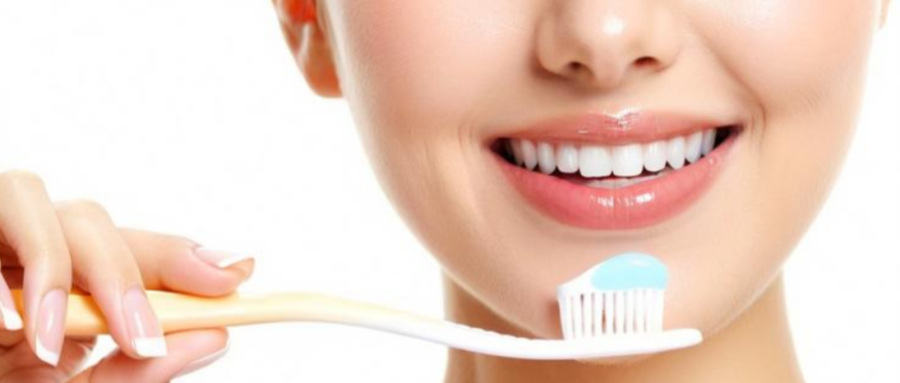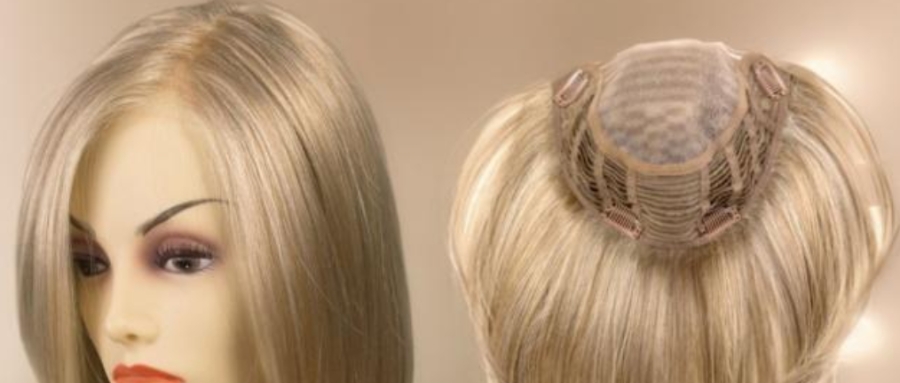rotein is an essential nutrient for our body. It is not only the cornerstone of our body, but also plays an important role in enhancing immunity and promoting physiological functions.
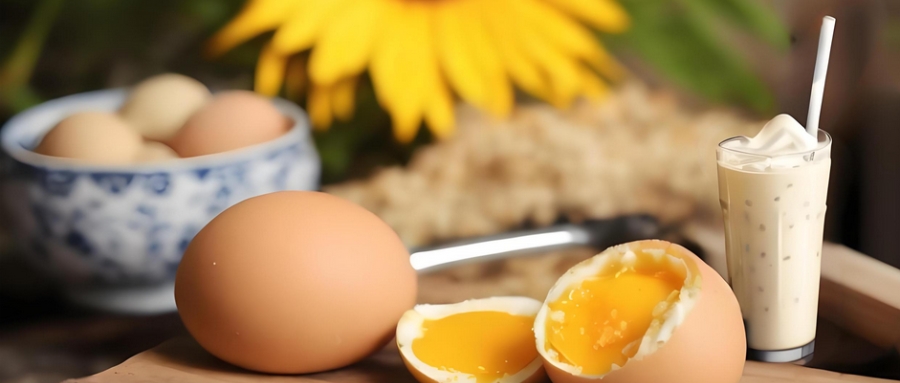
How should we supplement our daily protein intake?
Eggs
Eggs have a high nutritional value and contain protein, vitamins, etc. The protein in eggs is rich in amino acids, which play an important role in maintaining normal physiological functions of the human body and promoting the health of the immune system. You can have a boiled egg in the morning, which is not only convenient but also nutritious and delicious.
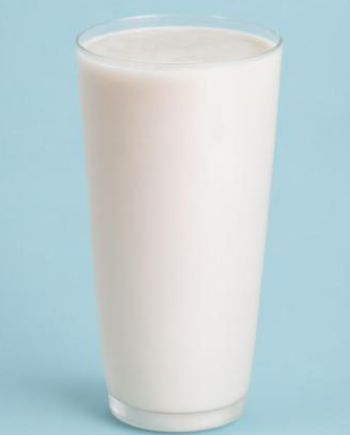
Milk
Milk contains casein and whey proteins, which are helpful for human absorption and can promote calcium absorption. It can help prevent osteoporosis in the elderly.
Soy protein is a nutritious vegetable protein that can provide the human body with essential amino acids, help maintain the normal function of the immune system and increase the body’s resistance. In addition, the fibre in soya beans helps to promote intestinal peristalsis and prevent constipation.
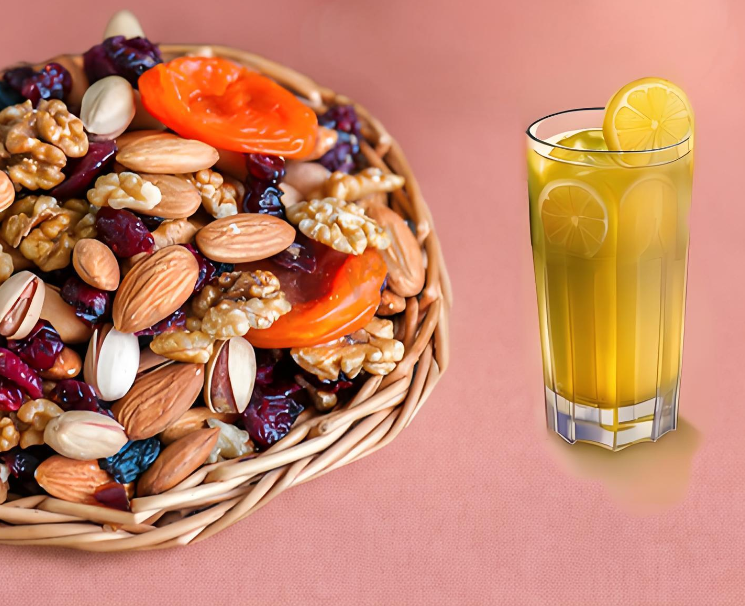
Nuts
Most nuts are rich in protein, such as cashews, pistachios, etc. Eating more nuts can help the body get enough protein, which is important for growth and development in teenagers and tissue repair in adults.
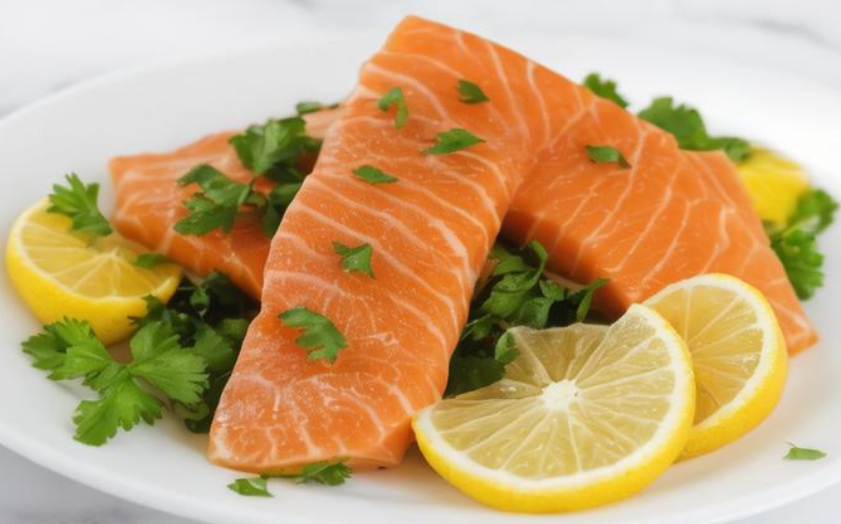
Fish
Fish is rich in many nutrients and eating more fish is very beneficial for the immune system and cardiovascular health. At the same time, the protein and omega-3 fatty acids in fish are very important for brain development, helping to improve memory, learning ability, etc., which has a positive effect on maintaining brain health in children, teenagers and the elderly.

Prawns
Shrimp is an essential food on many people’s tables. The protein in shrimp can increase the activity of immune cells, improve the body’s immunity and help the body resist the invasion of viruses. At the same time, the protein in shrimp meat has a strong satiating effect, making it an ideal choice for people trying to control their weight. However, people who are allergic to shrimp should avoid eating it.
So how do we know if our body needs protein supplementation? Generally speaking, the body is missing a certain element. In the absence of disease, the body can send us signals:
- Protein helps to maintain healthy hair. If there is too much protein, the body will reduce the amount of protein in the hair, so the hair may fall out more often, be drier or thinner.
- The main ingredient in nails is protein. If there is a long-term protein deficiency, nails may break or become soft.
- Protein is essential for repairing damaged cells. If we lack protein, our body will slow down the healing of wounds. Eating more protein can help repair damaged cells.
Other phenomena may occur, so it is best to seek medical advice.
In your daily diet, choose and supplement protein according to your physical condition and also balance it out, take in sufficient vitamins and minerals, and maintain good living habits, which will help to improve immunity.
